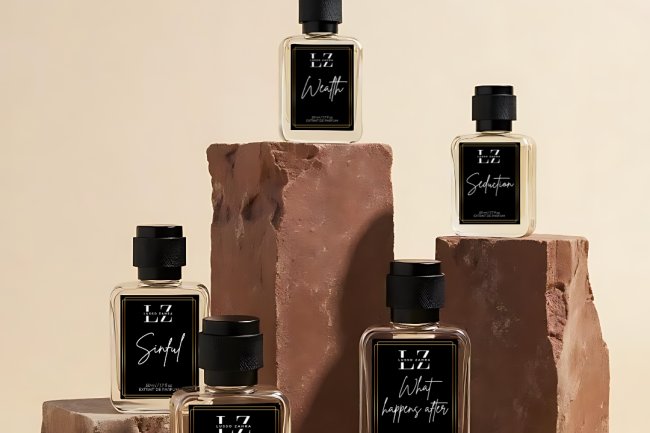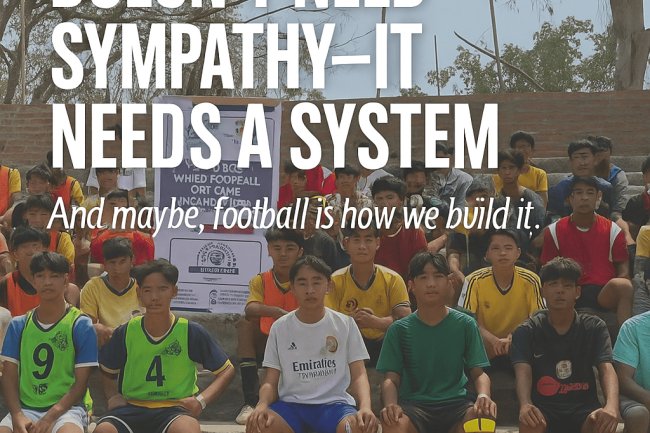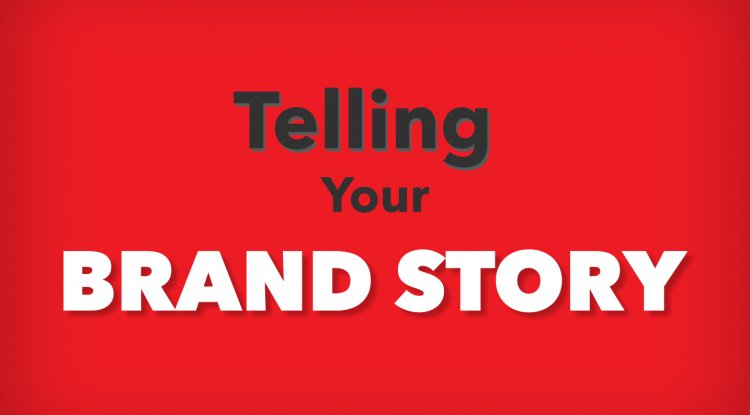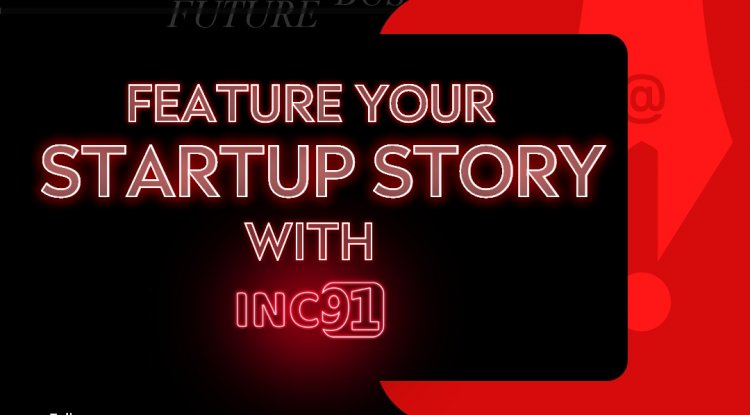Kolab Is Reimagining How Brands and Creators Collaborate in a Noisy Digital World
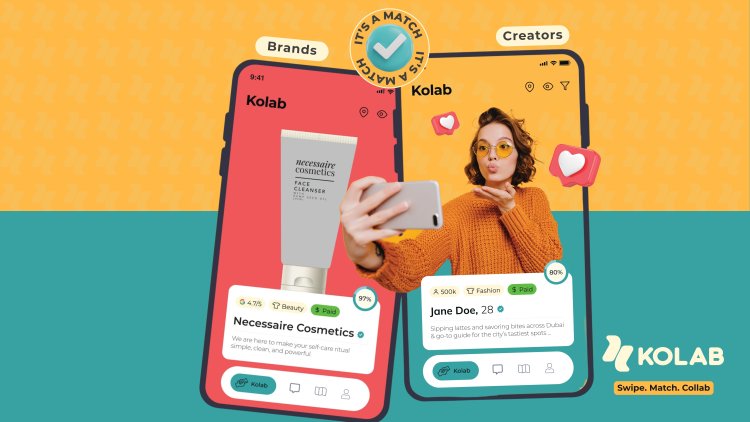
In an era where content is currency and influence drives purchasing behavior, the global creator economy is rapidly becoming one of the most defining forces in modern marketing. A $250 billion economy, the ecosystem spans more than 200 million creators worldwide. Yet, for all its momentum, the landscape remains fragmented, cluttered, and riddled with inefficiencies.
Brands are often forced to navigate multiple intermediaries, pay steep commissions, and rely on questionable engagement metrics. On the flip side, creators, especially nano and micro-level, struggle with access, timely payments, and fair recognition. The result is a broken system, where friction slows down growth for both sides.
Amidst this chaos, Kolab has emerged with a bold ambition: to simplify collaborations and bring structure to the creator economy, starting with two fast-growing regions, India and the UAE.
“What’s launching today is only the groundwork,” says Hatim Lokhandwala, Co-Founder of Kolab. “Kolab has the potential to redefine how the creator economy operates, where a fashion lable from Jaipur can team up with a Lifestyle Creator in Dubai, without ever needing any intermediaries in between. We’re here to create meaningful access and build real value for both creators and brands.”
Kolab is a mobile-first platform designed to connect creators and brands directly, without the traditional layers. Using a swipe-based interface, users can discover matches, collaborate in real-time, and access in-built insights and campaign support. Every aspect, from vetting tools to performance data, is aimed at making the process fast, reliable, and transparent.
“The current ecosystem is heavily gatekept,” adds Pritesh Roy, Co-Founder of Kolab. “Kolab is about breaking that wall, giving visibility to creators who’ve been overlooked, and offering brands a self-serve route to real, local impact. We’re not here to just build another app. We’re building a community.”
Kolab distinguishes itself by moving beyond listings and directories. Its real value lies in simplifying execution: creators can host portfolios, receive briefs, chat with brands, and soon even participate in live commerce campaigns. The platform promises 100% payouts to creators and clear deal terms for brands, removing ambiguity and delays.
“The challenge was to make Kolab incredibly simple to use, yet powerful under the hood,” shares Rishi Wagh, who leads Product Development. “Everything, from matchmaking algorithms to regional filters, has been engineered to make collaborations faster, smarter, and scalable.”
With plans to onboard 1 million brands and 5 million creators by 2030, Kolab is starting its journey in India and the UAE, where creator-led marketing has seen significant traction, especially in the F&B, beauty, and retail sectors.
Kolab is now available on the App Store and Google Play Store, with users in both India and the UAE already going live with early campaigns.
While many platforms promise solutions, Kolab enters with a defined purpose and strong product DNA. For a content-first world, it might just be the operating system that both creators and marketers have long been waiting for.
What's Your Reaction?







